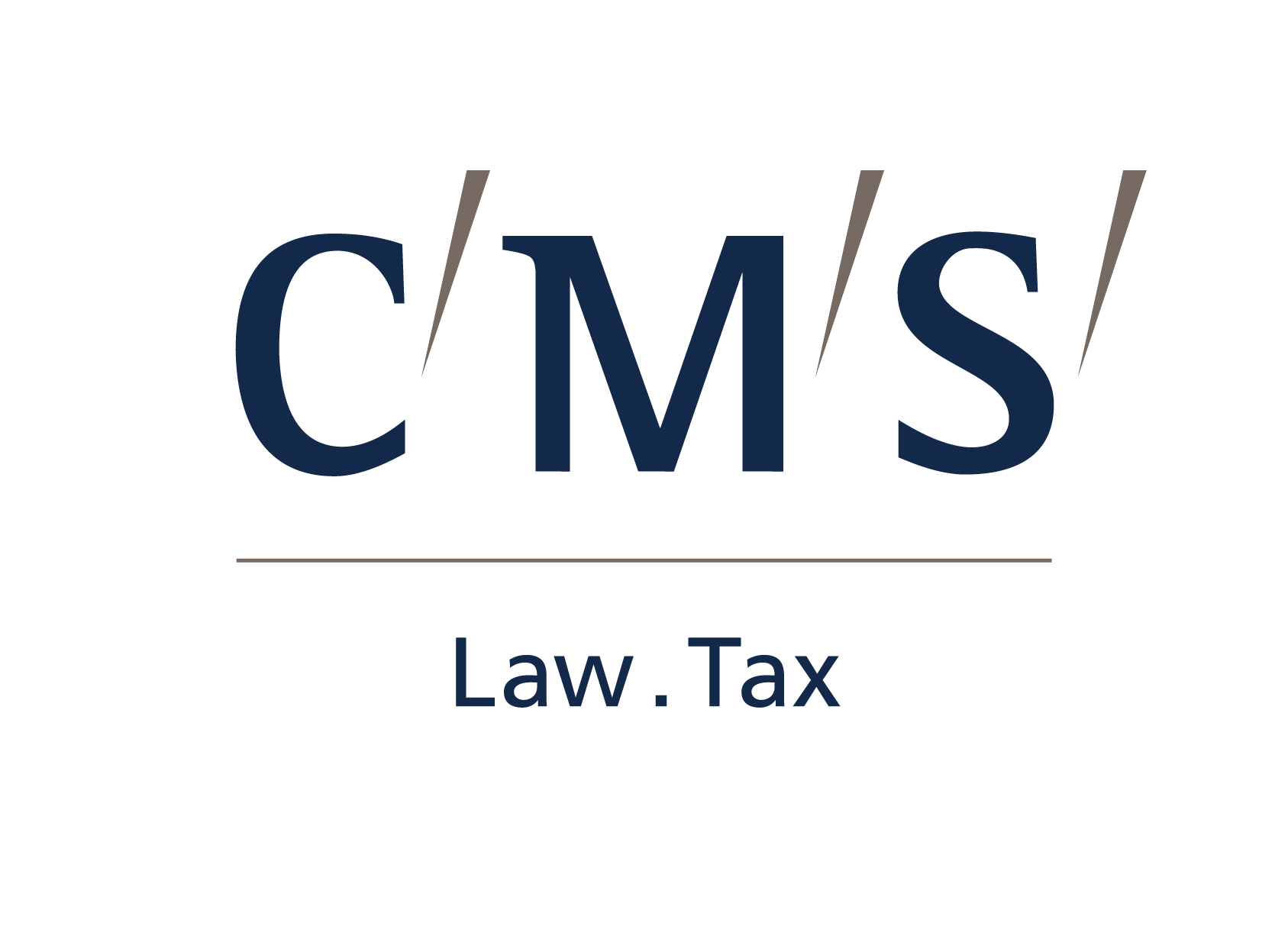Author - Helen Cooke, CEO, MyPlus
It’s not every day that I am invited to No.10. In fact, it’s fair to say, it has never happened before, and I was therefore somewhat excited, and indeed a little daunted, by the prospect. I was invited to meet Jean-André Prager who has recently been appointed as the Prime Minister’s Specialist Adviser on disability issues, and who wished to discuss disability employment matters with me. He specifically wished to gain my insights on what I thought Government could be doing to help disabled people into employment and to remain employed.
It’s an interesting question not least that next year it will be 25 years since the Disability Discrimination Act (DDA) was brought in in the UK. Amongst other things, the DDA made it ‘unlawful for an employer to treat a disabled job applicant, or employee, less favourably, simply because of their disability’. In addition, employers had a ‘duty to make reasonable adjustments to prevent a disabled employee from being placed at a substantial disadvantage’.
Whilst the intent was good, and indeed needed, I question how much progress has actually been made in practice. The facts and stats show that disabled people continue to be more than twice as likely to be unemployed as non-disabled people*.
In reality, unless legislation is properly enforced, how much difference does it make? If an employer isn’t sufficiently progressive / intelligent to see the benefits of being inclusive of all, no amount of government legislation will make a difference; there will always be a way around it. Companies that are genuinely inclusive of disabled people are so because they fundamentally recognise the talent pool that they would otherwise be missing out on; because it makes good business sense to them to employ the best people and they recognise that the best people may have a disability; and they do so for no other reason that it is the right thing to do.
That said, if I were to advocate legislation, I would do so on 2 accounts:
The first would be that employers who recruit more than 40 graduates a year be legislated to ensure that a minimum of 8% of their intake have a disability; this would be supported by mandatory training and education
And the second would be to legislate Universities to provide expert advice and support to disabled students to ensure that they are job-ready upon graduation. This would involve more than just careers advice; it would also be about ensuring students take an active part in University life from participation in clubs and societies, being involved in voluntary work and gaining work experience.
Of huge importance is also to take a more holistic approach to the funding available to disabled individuals and specifically to join up benefits such as the Disabled Students Allowance and Access to Work which are currently administered separately.
And obviously none of this will make a difference if the infrastructure isn’t in place; transport, housing, being able to transfer benefits packages between authorities when someone moves, and the same for medical provision.
Jean-André and I spoke about all of these issues and challenges, and a few more as well. The question now is, what happens next? As I said, I think it’s questionable how much progress has genuinely been made in the world of disability and employment since the DDA came in in 1994; for real, sustainable and effective progress to be made the Government will have to make some fundamental changes, including the introduction of new legislation. However, the Government can only effect so much. Progress also relies on employers, universities, teachers, parents, healthcare professionals (to name but a few) and the individuals themselves – to raise the aspirations of disabled people and build their confidence in order that they can maximise their chances of successful employment outcomes.
*Labour Force Survey April to June 2017
About Helen Cooke
Helen Cooke, CEO and Founder of MyPlus, is an expert in disability and recruitment. Her mission is to help employers gain the confidence, insight and support they need to realise new possibilities by leveraging the talent pool of disabled people. MyPlus Consulting is endorsed by the Institute of Student Employers; Cooke is also an Associate of the Business Disability Forum.












































